#MutuallyMann is an interactive reading experience and a space for transatlantic conversation in times of social distancing and quarantine. We, the Thomas Mann House and the S. Fischer Verlag publishing house invited readers from all over the world to read Thomas Mann’s essay Germany and the Germans. The lecture was given by Mann right after the end of World War II at the Library of Congress in Washington D.C., New York and Los Angeles. He addressed Germany through the lens of his own experience and exile during the war.
The second edition of #MutuallyMann was an opportunity to re-read Mann’s thoughts against the backdrop of today’s transatlantic relationship and to share ideas, questions, images or favorite quotes on social media over the course of three days. Users could post their opinions, photos and comments in English or German on social media with the hashtag #MutuallyMann. The initiatives were accompanied by text and video contributions from writers, intellectuals and renowned Mann researchers. Check out our social wall to read all the contributions by our experts and see what was happening on #MutuallyMann.
#MutuallyMann 2 – Germany and the Germans. Find all contributions here.
Among the participants of the second initiative in November and December 2020 were the writers Olga Grjasnowa, Jagoda Marinić, Max Czollek and former Villa Aurora Fellow Juan Guse, music critic Alex Ross (The New Yorker), David Morris (Library of Congress) and Katrin Bedenig (Director of the Thomas Mann Archive Zurich), renowned Thomas Mann expert Hans Vaget (Smith College), the literary scholars Veronica Fuechtner (Dartmouth College) and Stefan Keppler-Tasaki (University of Tokyo), the German studies scholars Meike Werner (Vanderbilt University) and Kai Sina (University of Münster), as well as Thomas Mann Fellow and journalist Maria Exner (Die Zeit).
#MutuallyMann 1 – Mario and the Magician. Find all contributions here.
Among the participants of the first initiative in April 2020 were Tobias Boes, Professor of German and literary scholar; Adrian Daub, Professor of Literature at Stanford; Veronika Fuechtner, Professor of German; Elisabeth Galvan, Professor of German Literature; Morten Høi Jensen, author and critic; William Kinderman, acclaimed pianist and Professor at the UCLA; Friedhelm Marx, Thomas Mann Fellow and Professor of German Literature; Andreas Platthaus, Thomas Mann Fellow and head of literature and literary life at Frankfurter Allgemeine Zeitung; Hedwig Richter, Professor of Modern and Contemporary History; Donna Rifkind, author of The Sun and Her Stars; Alex Ross, music critic for The New Yorker, Kai Sina, Professor of German Literature; Katharina Sykora, Thomas Mann Fellow and art historian and Hans Wißkirchen, President of the German Thomas Mann Society.
Sign up for our newsletter to stay up to date on future programs!
Previously On #MutuallyMann
All Contributions “Germany and the Germans”
#MutuallyMann – All Contributions
Three days of mutually reading Mann’s Germany and the Germans come to an end.
We would like to thank you all for the inspiring and creative contributions. We collected the texts and videos here, so you can get a better overview and look through them again. Also, many many thanks to everyone who posted, commented and discussed with us over the last week. 💐🎈
We hope you all found as much pleasure in reading and analyzing Germany and the Germans together as we did! Enjoy…
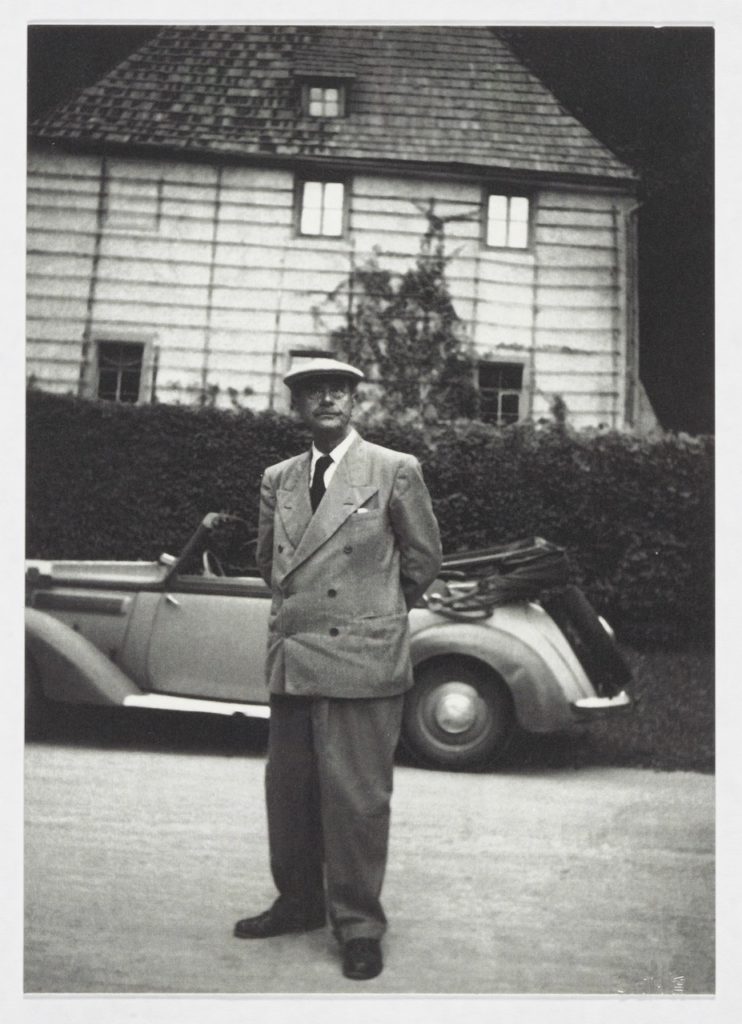
…
All Contributions “Germany and the Germans”Read More »
Maria Exner Bringing Together the Threads of #MutuallyMann
Maria Exner Bringing Together the Threads of #MutuallyMann
Thomas Mann Fellow Maria Exner, deputy editor-in-chief at Zeit Magazin, brings together the threads of #MutuallyMann in her video commentary. Following Olga Grjasnowa, she emphasizes the topicality of Thomas Mann’s critique of a nationalist concept of freedom. Taking up Max Czollek’s contribution, she underscores the importance of acknowledging and promoting the long history of German diversity. And with Alex Ross she sees Mann’s essay as a current call for political self-assessment.
…
Maria Exner Bringing Together the Threads of #MutuallyMannRead More »
Evasive Depth: Germany and the Germans by Meike G. Werner
“Evasive Depth: Germany and the Germans” by Meike G. Werner
German Studies Scholar Meike G. Werner on Tilman Riemenschneider, Eduard Berend and the fate of political persecution.

…
Evasive Depth: Germany and the Germans by Meike G. WernerRead More »
Kai Sina: Sincerity and Modesty
Sincerity and Modesty: A Plea for Hermeneutic Fairness by Kai Sina
Literary Scholar Kai Sina gives a incidental comment on Mann’s “Germany and the Germans” in light of historical research – and a plea for hermeneutic fairness.
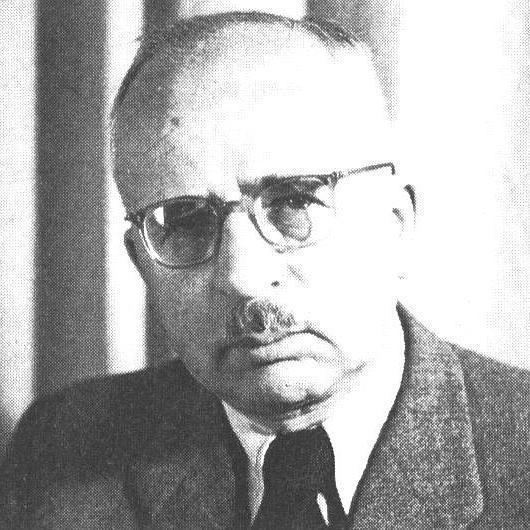
…
Kai Sina: Sincerity and ModestyRead More »
Where and how to beginn? Juan Guse
Juan Guse: Where and How to Begin?
Writer Juan Guse puts Mann’s essay on trial and states in his contribution: It did not age well. Whether it is the cultural essentialism or the way Mann deals with the Shoa, does Germany and the Germans withstand a critical reading from today’s perspective?

…
Where and how to beginn? Juan GuseRead More »
Jagoda Marinić on German Feelings of Superiority
Jagoda Marinić on German Feelings of Superiority
Novelist, playwright and journalist Jagoda Marinić asks if there is a German feeling of moral entitlement through self-criticism?
…
Jagoda Marinić on German Feelings of SuperiorityRead More »
Olga Grjasnowa on why Germany still wrangles with the concept of nation
Olga Grjasnowa on why “Germany still wrangles with the Concept of Nation”
Writer Olga Grjasnowa asks: “Who has the right to belong to the German nation and who does not?”

…
Olga Grjasnowa on why Germany still wrangles with the concept of nationRead More »
Stefan Keppler-Tasaki on the Irony of “Germany and the Germans”
Stefan Keppler-Tasaki on the Irony of “Germany and the Germans”
German Studies Scholar and Thomas Mann House Fellow Stefan Keppler-Tasaki (University of Tokyo) focuses on the role of irony and raises the question as to whether “German” could also be read as a code for “American.”

…
Stefan Keppler-Tasaki on the Irony of “Germany and the Germans”Read More »
Veronica Fuechtner Becoming German through Goethe
“Becoming German through Goethe” by Veronica Fuechtner
Veronica Fuechtner, German scholar at Dartmouth College, on the Brazilian roots of the Mann family and the writers’ sense of belonging.
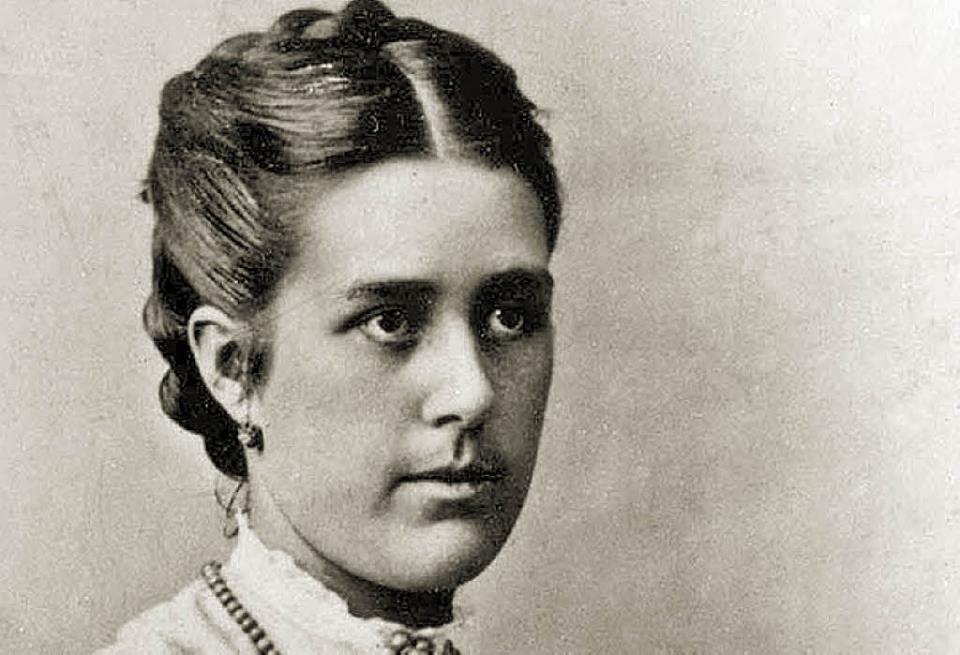
…
Veronica Fuechtner Becoming German through GoetheRead More »
Alex Ross on Thomas Mann’s Personal and Collective Self-Examination
Alex Ross on Thomas Mann’s Personal and Collective Self-Examination
Alex Ross takes a closer look at how Mann’s self-examination and the questioning of his fellow Germans are intertwined in the essay. He is a music critic of The New Yorker and author of The Rest Is Noise: Listening to the Twentieth Century and Wagnerism: Art and Politics in the Shadow of Music.
…
Alex Ross on Thomas Mann’s Personal and Collective Self-ExaminationRead More »
Max Czollek Video
Max Czollek on a “Germany of the Others”
Day 2 of #MutuallyMann starts with poet and writer Max Czollek and his powerful statement on how to embrace a marginalized “Germany of the others.”
…
Bedenig TM Archive Typoscript
Insights into the typescript of “Germany and the Germans” by Katrin Bedenig
A particularly interesting version of the speech typescript for “Germany and the Germans” has been preserved in the Thomas Mann Archive of the ETH Zurich (TMA). Katrin Bedenig, Director of the TMA allows us an exclusive glance at the typescript and gives us here an insight into two pages that make Thomas Mann’s working process directly comprehensible.
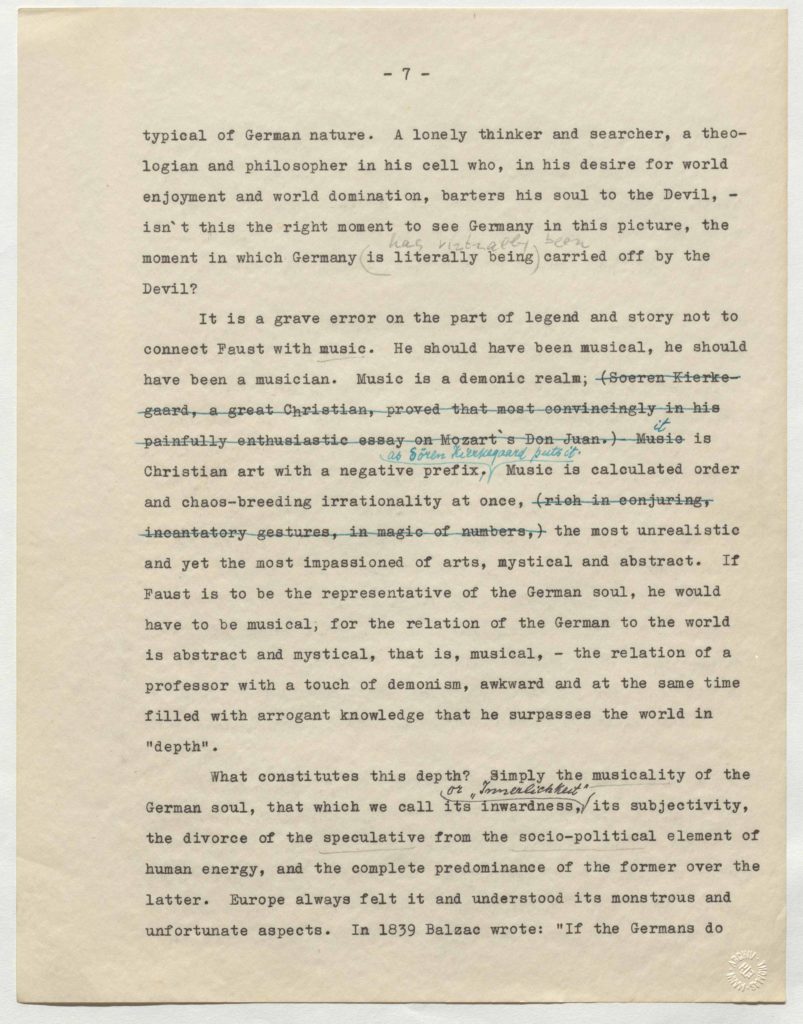
…
Bedenig TM Archive TyposcriptRead More »
“Thomas Mann & The Library of Congress” by David B. Morris
David B. Morris on Thomas Mann & The Library of Congress
David B. Morris, German Area Specialist at the Library of Congress (LC), takes a closer look at Thomas Mann’s relationship with the library in Washington D.C. Mann was appointed a German literature consultant and fellow in 1941 and visited the LC on a regular basis.

…
“Thomas Mann & The Library of Congress” by David B. MorrisRead More »
Questionnaire by Roman Seebeck
A Questionnaire by Roman Seebeck
German studies scholar Roman Seebeck put together a very helpful questionnaire for the first day of #MutuallyMann! When and where was the essay written? Who was involved in the creation of the text and which sources did Thomas Mann use?

…
Questionnaire by Roman SeebeckRead More »
Hans Rudolf Vaget on “Germany and the Germans”
Hans Rudolf Vaget on “Germany and the Germans”
Let’s get started with #MutuallyMann! The first contribution comes from literary scholar Hans Rudolf Vaget. During a visit at the Thomas Mann House, the renowned Mann expert gets the discussion going by reporting on the significance and the role of Thomas Mann’s essay “Germany and the Germans” for post-war Germany as one of the very first attempts to honestly confront the question: How could Nazism happen in Germany?
…
Hans Rudolf Vaget on “Germany and the Germans”Read More »
#MutuallyMann – All Contributions
#MutuallyMann – All Contributions
One week of our virtual reading initiative comes to an end.
We would like to thank you all for the inspiring and creative contributions. We collected the texts and videos here, so you can get a better overview and look through them again. Also, many many thanks to everyone who posted, commented and discussed with us over the last week.
We hope you all found as much pleasure in reading and analyzing “Mario and the Magician” together as we did! Enjoy…
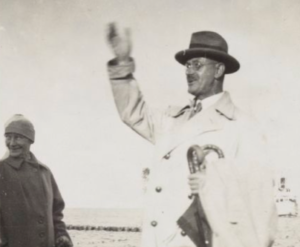
…
#MutuallyMann – All ContributionsRead More »
Initiators
Thomas Mann House, a residency center and space for transatlantic debate in Los Angeles, California.
Learn more

S. Fischer Verlag, publishing house and publisher of Mann’s work in Germany, Frankfurt am Main.
Learn more